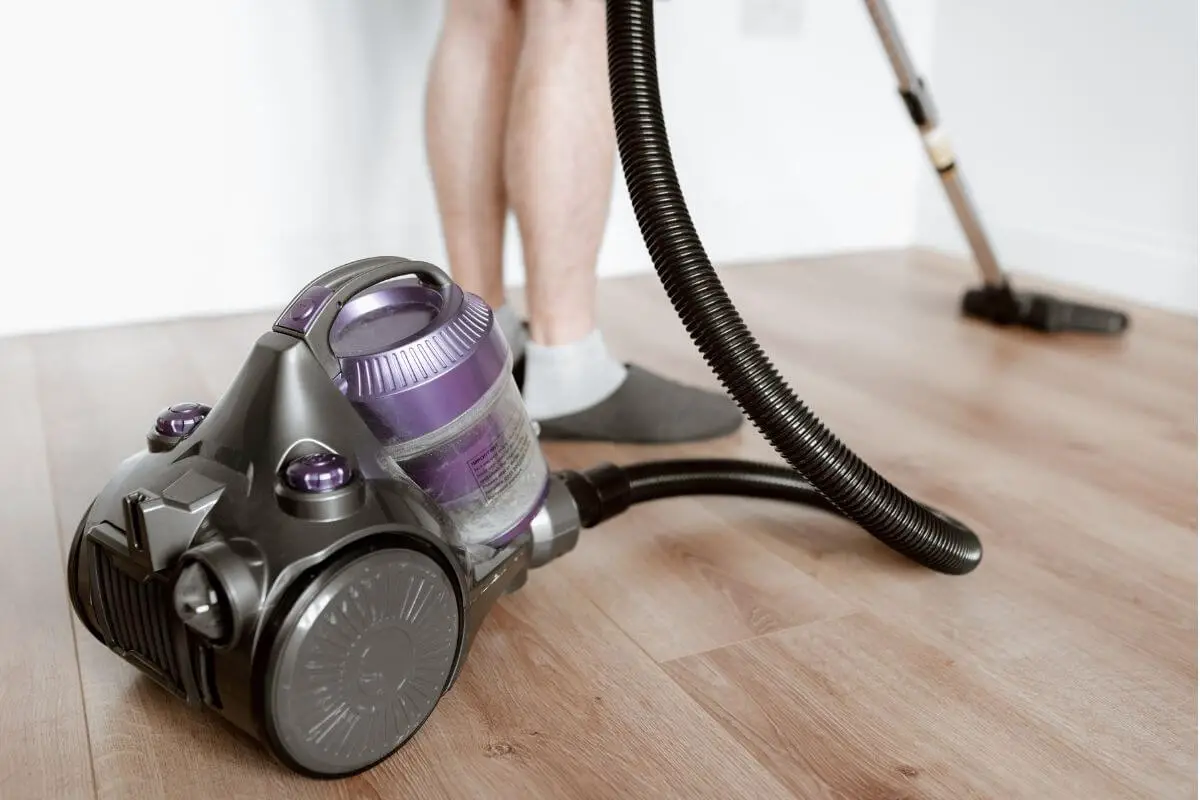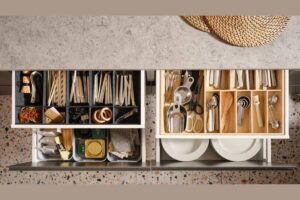When it comes to keeping your home clean, there are many different options available. Two popular choices are central vacuum systems and Dyson vacuums. But which one is better for your specific needs? In this article, we’ll take a closer look at central vacuum systems and Dyson vacuums, comparing their features, performance, and price points to help you make an informed decision.
1. Introduction
Keeping your home clean is essential for maintaining a healthy and comfortable living environment. One of the most effective ways to remove dirt, dust, and debris from your home is to use a high-quality vacuum cleaner. In this article, we’ll compare two popular options: central vacuum systems and Dyson vacuums.
2. What are Central Vacuum Systems?
A central vacuum system is a built-in cleaning system that is installed in your home. It consists of a powerful motor, a collection unit, and a network of pipes and hoses that are installed throughout your home. When you need to vacuum, you simply plug a hose into one of the inlets located throughout your home, and the system will automatically turn on, sucking up dirt, dust, and debris and depositing it into the collection unit.
3. What are Dyson Vacuums?
Dyson vacuums are a line of high-quality vacuum cleaners that are designed to be powerful, efficient, and easy to use. They come in a variety of models, including upright, canister, and stick vacuums, and they use advanced technologies such as cyclonic suction to capture dirt and debris.
4. Features and Performance
Central Vacuum Systems
Central vacuum systems offer several advantages over traditional vacuum cleaners. First, they are more powerful and efficient, as they use a larger motor and can remove dirt and debris from a larger area at once. Additionally, central vacuum systems are quieter than traditional vacuum cleaners, as the motor and collection unit are located in a remote area of your home. Finally, central vacuum systems are more convenient, as you don’t need to lug a heavy vacuum cleaner from room to room or worry about finding a power outlet.

Dyson Vacuums
Dyson vacuums are known for their powerful suction and advanced technologies, such as cyclonic suction and ball technology, which makes them easy to maneuver. They also come with a variety of attachments and accessories that allow you to clean a variety of surfaces and hard-to-reach areas. Additionally, Dyson vacuums are designed to be easy to empty and maintain, with washable filters and no bags to replace.
5. Price Points
Central Vacuum Systems
Central vacuum systems are generally more expensive than traditional vacuum cleaners, with prices ranging from around $1,000 to $5,000, depending on the size of your home and the features you choose.
Dyson Vacuums
Dyson vacuums are available at a range of price points, with prices ranging from around $200 to $700, depending on the model and features.
6. Central Vacuum vs Dyson: Which One to Choose?
When it comes to choosing between central vacuum systems and Dyson vacuums, there are several factors to consider.
Central vacuum systems are a great option for larger homes or those with multiple floors, as they offer more power and convenience. They’re also quieter and require less maintenance than traditional vacuum cleaners. However, they are more expensive upfront and require professional installation.
Dyson vacuums, on the other hand, are a great option for smaller homes or those with limited storage space. They’re lightweight, easy to use, and offer advanced features like cyclonic suction and ball technology. They’re also more affordable than central vacuum systems. However, they require more maintenance and may not be as powerful as central vacuum systems.
Ultimately, the choice between central vacuum systems and Dyson vacuums will depend on your specific needs and budget.
7. Frequently Asked Questions (FAQs)
What is the best vacuum cleaner for pet hair?
There are many vacuum cleaners on the market that are specifically designed for pet hair, such as the Dyson Ball Animal 2 and the Shark Rotator Powered Lift-Away TruePet. Look for a vacuum cleaner with powerful suction, a motorized brush roll, and a HEPA filter to effectively remove pet hair and dander.
How often should I replace the filters on my vacuum cleaner?
The frequency of filter replacement will depend on the type of filter and the frequency of use. Generally, it’s recommended to replace HEPA filters every six months and to clean or replace other filters every three to six months.
Can I use a vacuum cleaner on hardwood floors?
Yes, you can use a vacuum cleaner on hardwood floors. However, it’s important to choose a vacuum cleaner that is specifically designed for hard floors, as some vacuum cleaners can scratch or damage the finish of the floors.
How do I clean my vacuum cleaner?
To clean your vacuum cleaner, start by emptying the dustbin or collection unit. Then, use a damp cloth to wipe down the exterior of the vacuum cleaner. Next, remove and clean or replace the filters as needed. Finally, check the brush roll and remove any hair or debris that may be wrapped around it.
What should I do if my vacuum cleaner isn’t picking up dirt?
If your vacuum cleaner isn’t picking up dirt, there could be several possible causes. First, check to make sure the dustbin or collection unit is empty. Then, check the filters to make sure they are clean and not clogged. Finally, check the brush roll to make sure it is spinning and not clogged with hair or debris.
8. Conclusion
In conclusion, when it comes to choosing a vacuum cleaner for your home, there are many options available. Central vacuum systems offer more power and convenience but are more expensive and require professional installation. Dyson vacuums are more affordable and easy to use but may not be as powerful and require more maintenance.
Ultimately, the choice between central vacuum systems and Dyson vacuums will depend on your specific needs and budget. Be sure to consider factors such as the size of your home, the type of flooring you have, and the features you need when making your decision.



